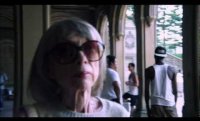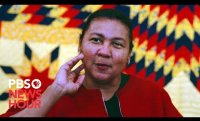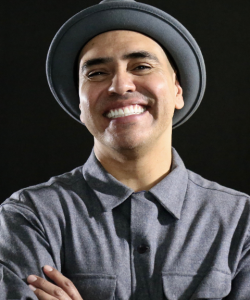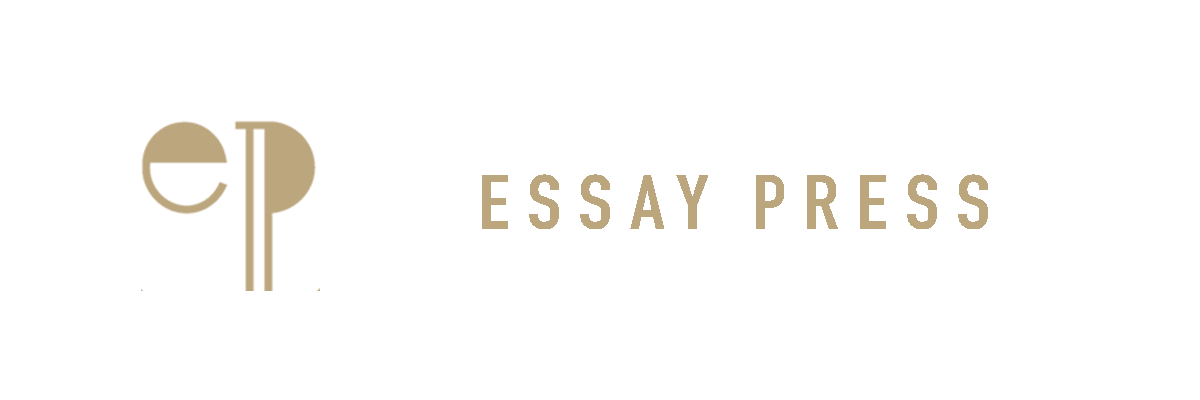Finish this second pandemic year on a high note by submitting to a writing contest! These twenty grants and awards close on December 31 and include five contests with no entry fee. All but one offer a cash prize of $1,000 or more.
Ashland Creek Press Siskiyou Prize for Environmental Literature: A prize of $1,000 is given biennially for an unpublished or published book of fiction or creative nonfiction that focuses on the environment, animal protection, ecology, or wildlife. The winner also receives a two-week residency at the Sitka Center for Art and Ecology, located on the central Oregon coast. Deb Olin Unferth will judge. All unpublished entries are considered for publication. Entry fee: $25.
Before Columbus Foundation American Book Awards: Awards are given annually for books published in the United States during the previous year to recognize “outstanding literary achievement from the entire spectrum of America’s diverse literary community.” Entry fee: None.
Black Caucus of the American Library Association Literary Awards: Four prizes of $1,000 each are given annually for a poetry collection, a first novel, a book of fiction, and a book of nonfiction (including creative nonfiction) by African American writers published in the United States in the previous year. The awards honor books that depict the “cultural, historical, and sociopolitical aspects of the Black Diaspora.” Entry fee: None.
Boulevard Short Fiction Contest for Emerging Writers: A prize of $1,500 and publication in Boulevard is given annually for a short story by a writer who has not published a nationally distributed book. The editors will judge. All entries are considered for publication. Entry fee: $16 (includes subscription).
Burnside Review Press Book Award: A prize of $1,000, publication by Burnside Review Press, and 10 author copies is given annually for a poetry collection. Sommer Browning will judge. All entries are considered for publication. Entry fee: $25 (includes a title from the press’s catalogue).
Center for Book Arts Letterpress Poetry Chapbook Competition: A prize of $500 and letterpress publication by the Center for Book Arts is given annually for a poetry chapbook. The winner will also receive 10 copies of their chapbook and an additional $500 to give a reading with the contest judge at the Center for Book Arts in New York City in fall 2022, and a free weeklong residency at the Millay Colony for the Arts in Austerlitz, New York, for their Wintertide Rustic Retreat. Mei-mei Berssenbrugge will judge. Entry fee: $30.
Cleveland Foundation Anisfield-Wolf Book Awards: Three to four prizes of $10,000 each are given annually for a poetry collection, a book of fiction, and a book of nonfiction (including creative nonfiction) published during the previous year that “contribute to our understanding of racism and appreciation of cultural diversity.” Rita Dove, Henry Louis Gates Jr., Joyce Carol Oates, Simon Pinker, and Steven Schama will judge. Entry fee: none.
Crosswinds Poetry Contest: A prize of $1,000 and publication in Crosswinds is given annually for a single poem. Chard deNiord will judge. All entries are considered for publication. Entry fee: $20.
Florida Review Jeanne Leiby Memorial Chapbook Contest: A prize of $1,000 and publication by Florida Review is given annually for a chapbook of short fiction, short nonfiction, or graphic narrative. All entries are considered for publication. Entry fee: $25.
Griffin Trust for Excellence in Poetry Griffin Poetry Prize: Two prizes of $65,000 CAD (approximately $51,912) each are given annually for poetry collections published during the previous year by a Canadian poet or translator and by an international poet or translator. Finalists in each category receive $10,000 CAD (approximately $7,987) for their participation in the Griffin Poetry Prize Shortlist Readings held in Toronto. Entry fee: None.
Hub City Press C. Michael Curtis Short Story Book Prize: A prize of $5,000 and publication by Hub City Press is given biennially for a short story collection. Writers who have published no more than one book and who currently live in Alabama, Arkansas, Florida, Georgia, Kentucky, Louisiana, Mississippi, North Carolina, South Carolina, Tennessee, Texas, Virginia, or West Virginia are eligible. Kevin Wilson will judge. Entry fee: $25.
Kallisto Gaia Press Acacia Fiction Prize: A prize of $1,200 and publication by Kallisto Gaia Press will be given annually for a collection of short works of fiction. Entry fee: $25 (includes a copy of the winning collection).
Kallisto Gaia Press Saguaro Poetry Prize: A prize of $1,200 and publication by Kallisto Gaia Press will be given annually for a poetry chapbook. Entry fee: $25 (includes a copy of the winning chapbook).
LitMag Virginia Woolf Award for Short Fiction: A prize of $2,500 and publication in LitMag is given annually for a short story. The winner will have their work reviewed by agents from Bankoff Collaborative, the Bent Agency, Brandt & Hochman, Folio Literary Management, InkWell Management, Sobel Weber Associates, and Triangle House Literary. The editors will judge. All entries are considered for publication. Entry fee: $20.
Livingston Press Tartt Fiction Award: A prize of $1,000, publication by Livingston Press, and 100 author copies is given annually for a first collection of short stories by a U.S. citizen. All entries are considered for publication. Entry fee: None.
Moth Poetry Prize: A prize of €6,000 (approximately $7,032) and publication in the Moth is given annually for a single poem. Three runner-up prizes of €1,000 (approximately $1,172) each are also given. The four shortlisted poets, including the winner, will also be invited to read at an awards ceremony at the Poetry Ireland festival in Dublin in spring 2022. Warsan Shire will judge. Entry fee: €15 (approximately $18) per poem.
Poetry Society of America Alice Fay di Castagnola Award: A prize of $1,000 and publication on the Poetry Society of America website will be given annually for a group of poems from a manuscript-in-progress. Major Jackson will judge. Entry fee: $15.
Poetry Society of America Robert H. Winner Memorial Award: A prize of $2,500 and publication on the Poetry Society of America website is given annually to a poet over 40 who has published no more than one book. Traci Brimhall will judge. Entry fee: $15.
Press 53 Award for Short Fiction: A prize of $1,000, publication by Press 53, and 50 author copies is given annually for a story collection. Claire V. Foxx will judge. Entry fee: $30.
Tupelo Press Dorset Prize: A prize of $3,000 and publication by Tupelo Press is given annually for a poetry collection. The winner also receives a weeklong residency at the Massachusetts Museum of Contemporary Art. All entries are considered for publication. Entry fee: $30.
Visit the contest websites for complete guidelines, and check out the Grants & Awards database and Submission Calendar for more contests in poetry, fiction, and creative nonfiction.









